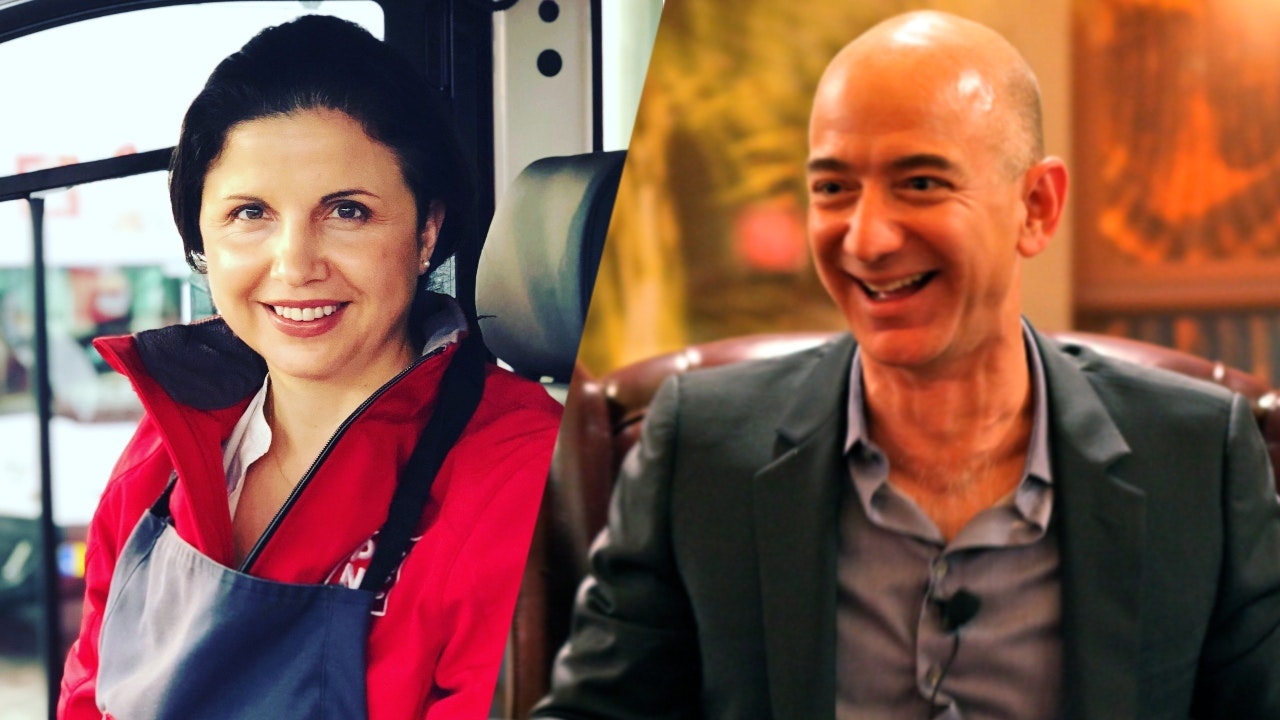Seyo, a London-based startup that develops robotic logistics platforms, has raised a £1.53m seed round. Its aim? To make robotics accessible to “more than just the Amazons of the world.”
The investment round is led by CapitalT and also includes funding from Entrepreneur First, Plug and Play, Supply Chain Ventures, 7percent Ventures, Ascension Ventures and SuperSeed.
Seyo wants to increase access to robotics in logistics warehouses. Currently, only 0.2% of warehouses have any form of automation in place.
That’s because of two things. Traditional robotics can be costly — around $2k to 4k per month per robot, according to Seyo. If you’re not an extremely large scale operator like Amazon or Walmart, they add a significant cost to your operation.
Beyond that, as things currently stand, robotics can lead to a fragmented warehouse system, with different companies supplying robots for different parts of the process.
“If I’m a warehouse operative and I want somebody’s robot to do the pick zone, they come in and implement it,” explains Yassir Al-Refaie.
“But then if I want to add forklifts to the situation, I’d have to go to another vendor and then I end up with a separate system and no optimisation across them. They become two isolated parts of my warehouse.”
These are the problems Seyo wants to solve. It’s developed a platform which allows different robots from different vendors to communicate and work together, solving the fragmentation problem.
The tech is based on the work of Yanwen Chen, the company’s CTO, who founded the company along with Al-Refaie and the company's chief architect, Quirino Zagarese. Chen's two PhDs on autonomous systems included work on an algorithm that allows robots to self-orchestrate, which Seyo employs.
When a company wants to add new robots to their warehouse, Seyo recommends robots that are compatible with the system.
The idea is that the tech brings the price down because the warehouse doesn’t have to implement an entirely new system each time. It also means warehouses can start with a single, small-scale project and grow slowly, instead of facing large upfront costs.
Seyo estimates that its platform comes in at roughly a quarter of the cost of the alternative, meaning smaller companies can afford the tech.
For Henry Hales, the director of Tu Pack, an ecommerce fulfilment company that’s been trialling Seyo’s tech in the pilot stage, democratising access to robotics will level the playing field.
“Normally it’s the bigger tech giants that benefit from automation which isn’t right since us SMEs could benefit a lot from automation, especially with enabling scalable growth,” he says.
Seyo will now use the money raised to develop the platform so it can support more of the processes that go on in warehouses.
“By the end of next year, we’re looking to have about 300 robots scurrying around,” says Al-Refaie.



